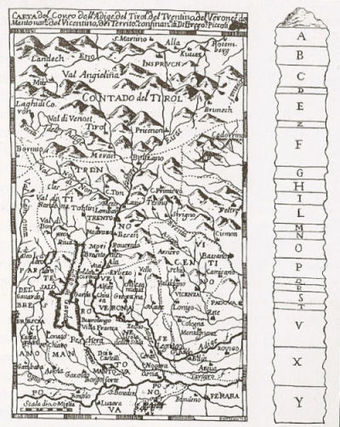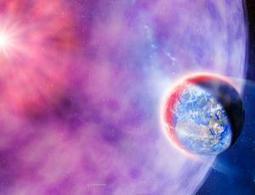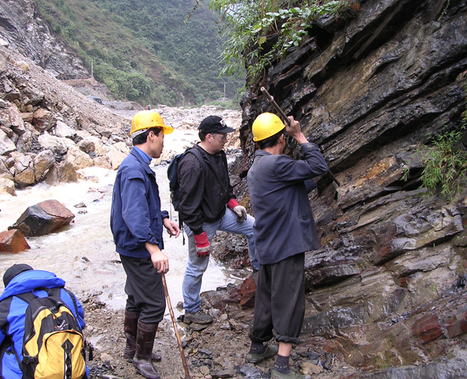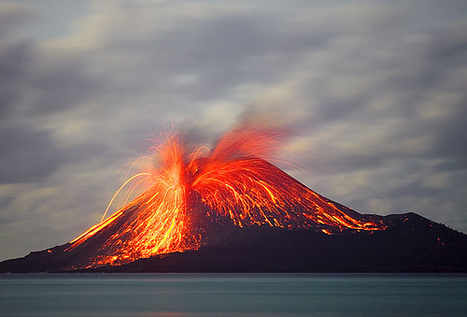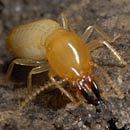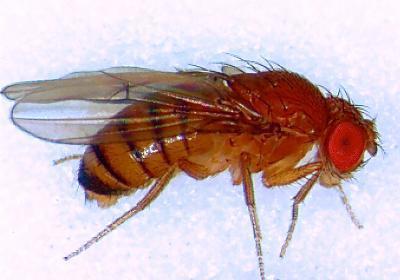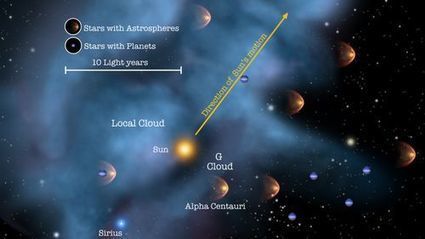Earth's biggest mass extinction rolled over the planet like hell on wheels.
For the first time, paleontologists have pinned down exactly when and how fast the granddaddy of all mass extinctions took place, and their findings leave the finger of blame pointing squarely at a colossal and long-lived injection of carbon dioxide into the atmosphere. Sound familiar?
That ancient carbon dioxide came not from cars and factories, of course, but from massive volcanic eruptions, brush fires, and possibly even the combustion of coal seams ignited by hot lava.

 Your new post is loading...
Your new post is loading...
 Your new post is loading...
Your new post is loading...














